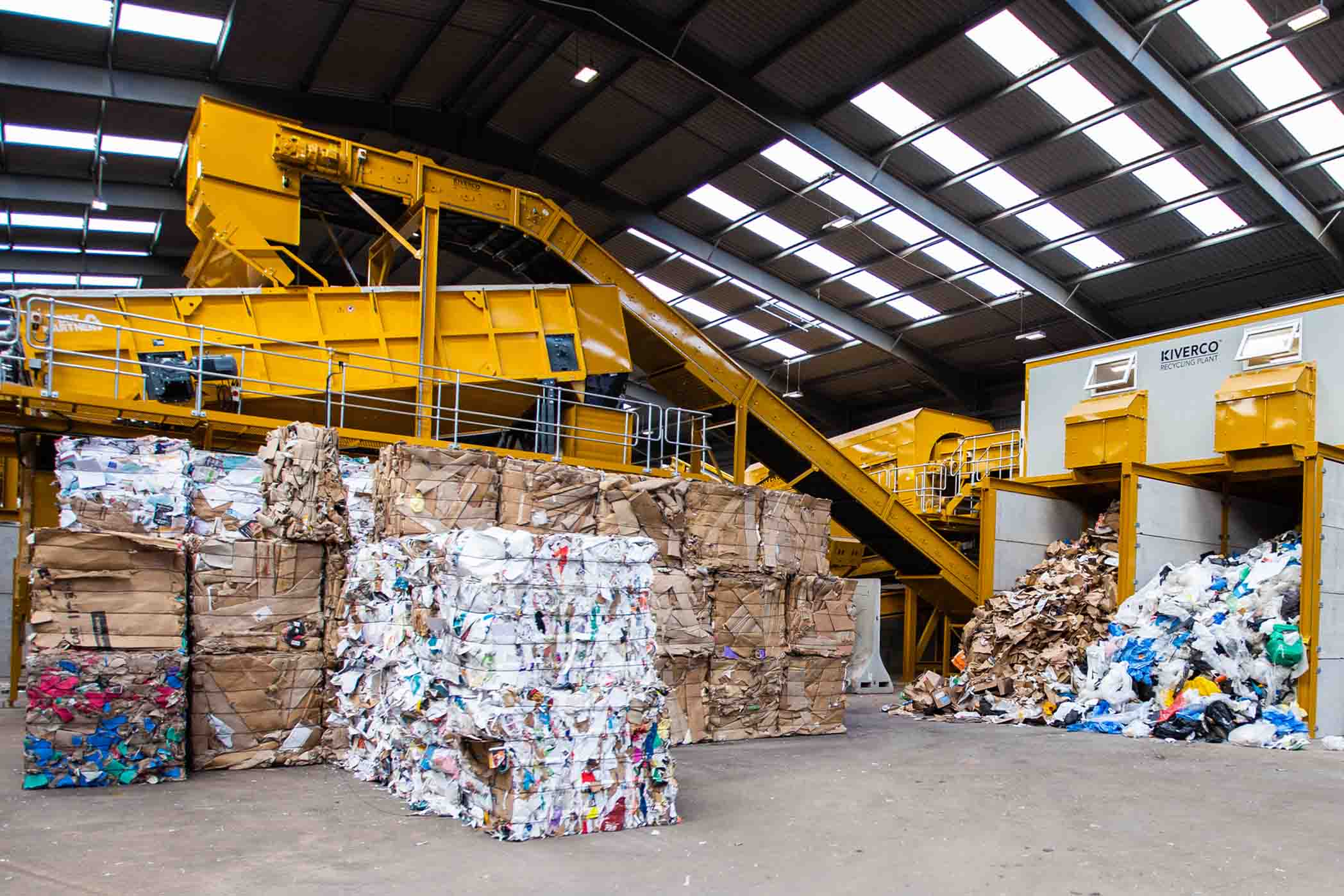
How have Egypt’s economic reforms affected the competitiveness of the economy?
Egypt’s unprecedented macroeconomic and business legislation reform measures are bearing positively on the country’s competitive standing. For the first time in eight years, Egypt’s ranking on the global competitiveness report witnessed a significant jump of 15 places in 2017. Underpinning this was a remarkable improvement in the public institutions and infrastructure indices, signaling the payoff of substantial public investments in recent years.
In less than two years, Egypt’s twin deficit (that of the current account and the government budget) has been successfully set on an improving trend, with an eliminated FX shortage, international reserves have been replenished, and growth has resumed. The reform program, among other measures including the liberalization of the exchange rate, the lift on capital controls, the gradual removal of energy subsidies and the replacement of sales tax by a new VAT system while raising the tax rate have made Egypt increasingly competitive.
Economic growth has accelerated, hinging on a more competitive external sector and an ambitious public infrastructure program. After being largely driven by consumption, GDP growth has recently been affected by other drivers including high levels of investments and exports.
Despite a lower overall surplus in FY 2017/18 compared to the previous fiscal year, analysis of underlying Balance of Payments drivers for FY 2017/2018 revealed a significant shift, with a current account deficit contracting by more than 50%, driven by higher tourism receipts. This posted a 123.9% increase in FY 2017/18 compared to the previous year with remittance transfers which remain the highest contributor to current account increases, providing almost 35% of overall receipts. Reforms are also bearing positively on the country’s competitiveness; for the first time in eight years.
Moreover, Egypt has observed a positive outlook regarding its sovereign credit rating as depicted by Standard & Poors, Moody’s and Fitch. This change is as a result of declining government debt, increase in domestic gas production and improvement in macro fundamentals.
Lastly, Egypt jumped eight places on the World Bank’s Doing Business 2019 report, as a result of implementing regulatory reforms that facilitate investment processes including starting a business, access to credit, protecting minority investors, bankruptcy protection and paying taxes.
How is the new investment law facilitating doing business and investment procedures?
The new Investment Law, passed in May 2017, offers foreign investors a plethora of financial, administrative and tax incentives in addition to safeguards to facilitate the investment process and to protect foreign investors. Some of these incentives include exemption from stamp tax, fees of notarization and registration of the Memorandum of Incorporation for five years from a company’s registration day. Investors are also exempted from contract fees for company registration and 2% on overall customs tax on the value of all imported machinery, equipment and devices required to set up companies. Moreover, to facilitate and encourage the development of various industries, foreign investors can import casts and molds to manufacture products with no customs duties that are to be re-exported after being introduced and implemented. In addition, investors are given discounts on investment projects made in Sectors A and B of 50% and 30% respectively. Sector A comprises of underdeveloped areas with a high level of poverty and unemployment rate in addition to zones such as the Suez Canal Economic Zone and the Golden Triangle Economic Zones. Sector B entails SMEs, renewable energy projects, tourism and infrastructure projects. These discounts aim to encourage development, reduce income inequality and create jobs.
Furthermore, safeguards put in place involve ensuring similar treatment of foreign investors equal to that of national investors and granting them immediate residency in Egypt throughout the duration of their project. A particularly progressive safeguard is that investment projects cannot face nationalization, providing investors comfort towards the government. Foreign investors are also allowed to own an investment project, profit and transfer related profits without restrictions.
Most importantly, the unifying notion of the law is to cut bureaucracy, promote fair competition, combat antitrust practices and ensure transparency to ultimately make Egypt’s investment climate appealing to foreign investors. It is evident that Egypt is reaping the benefits of the new Investment Law through a promising rise in foreign direct investment by 15% in April 2018.
What role can PPP’s play in developing Egypt?
PPPs are starting to provide a solution to promote job creation and develop the economy. The private sector benefits largely from this partnership by gaining legal protection while the government enjoys the benefits of maximizing value for money. This advantageous partnership has stimulated the economy by overcoming governmental challenges and providing the necessary expertise in Egypt’s infrastructural development from the private sector. PPPs in Egypt would play a significant role in the development of the economy. Egypt has an existing understanding of and has developed institutional and legal infrastructure for PPPs. In November, the government participated The government participated in a significant international investors conference in December 2018 where it highlighted its intentions and future plans regarding PPPs and to promote their development, as the country falls short in such projects.
What should investors remember when deciding to invest in Egypt?
Investors hugely benefit from a plethora of opportunities provided in Egypt; with a population of around 100 million, Egypt’s is by far the largest in the MENA region with an average annual growth of 2.56%. This provides a solid domestic consumption base providing an important buffer at times of global economic downturn. In addition, Egypt has a youthful and large labor force and presents a diverse economic base, with growth driven by many sectors.
Egypt’s recent significant gas discoveries in the Mediterranean have further diversified its economy, in addition to making Egypt a key player on the global energy scene. The country’s solid infrastructure makes it attractive for investors as the smooth mobility of products and services is ensured both domestically and globally. Furthermore, Egypt is strategically located on the world map; it is on the crossroads between the Middle East and Far East from one side and Europe and the East Coast of the Americas on the other side. More importantly, the Suez Canal offers the shortest link between East and West for international trade.
The country’s recent policies are positioning it as a regional and global services, production and re-export hub creating jobs and economic growth by opening new markets for Egyptian products. They are simultaneously attracting FDI from corporations looking to harness Egypt’s unique basket of preferential trade agreements, highly competitive labor and utility costs, talent pool and proximity to key global markets. Together, these advantages make Egypt an ideal hub from which to export to Europe, the Arab world, the United States and Africa. With a thorough study of the new investment law and its executive regulations, investors can enjoy a smooth and facilitated investment process.
Moreover, Egypt is a signatory to a vast number of multilateral trade agreements such as GAAT, GATS, PAFTA, and QIZ in addition to bilateral agreements with countries including Tunisia, Morocco, Libya, and Lebanon. These trade agreements present investors with a myriad of opportunities that position Egypt as a strategic trade hub.
Meanwhile, investors could find many opportunities in Egypt’s outsourcing industry. In 2016, Egypt was shortlisted for the Outsourcing Destination of the Year globally by the European Outsourcing Association. The relatively high computer efficiency and multilingual skills of Egyptians sheds light on the 50 000 employed in offshore BPO and the 40 000 in regional outsourcing in 2015 alone in addition to the ICT sector contributing to 4.1% of GDP. This has positioned Egypt strategically to further attract BPO contracts making it a hub for outsourcing activities.
Lastly, Egypt has the largest education system in the MENA region at both the school and higher education levels. Egypt has observed a significant increase of 32% in enrollment rates over the last decade. Moreover, foreign investors could take advantage of the education opportunities as demand exceeds the current level of supply in Egypt’s Education sector.
In what areas do you see opportunities to further develop Egypt’s consulting sector?
Management consulting can greatly contribute to boost the Egyptian economy and transform Egyptian companies making them more fit to compete against major multinational firms. With the global and regional know-how and industry insights that management consultants offer, Egyptian companies could become more globally competitive by incorporating international benchmarks of management. It is evident that the consulting sector could provide the economy with a source of foreign currency given the exportable nature of its lines of services. Moreover, the expansion of Egypt’s talent pool coupled with the cheap Egyptian pound is expected to attract foreign investment by making Egypt the country of choice for consulting services over other parts of MENA thereby putting Egypt on the global consulting map. Consultants are expected to introduce modernity to the economy which can be translated across sectors exemplified by Egypt and the UAE’s recent agreement to develop Egypt’s government services. This could further involve consultants from the GCC and Europe transmitting modern practices and solutions to various industries in Egypt.
























